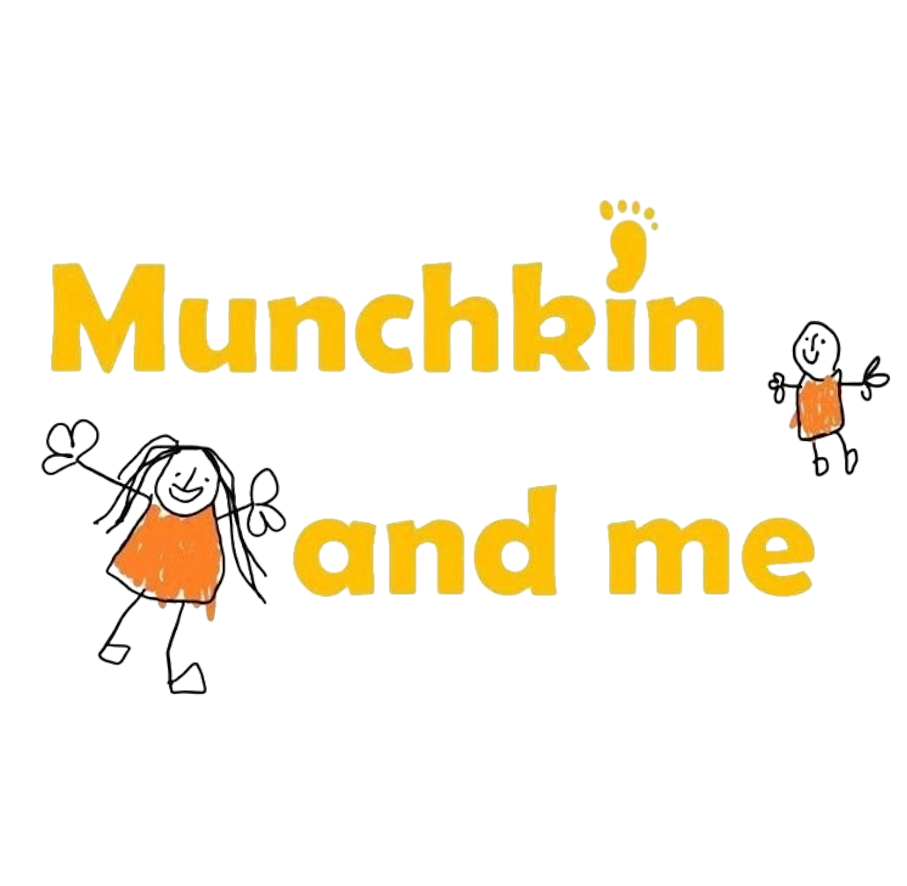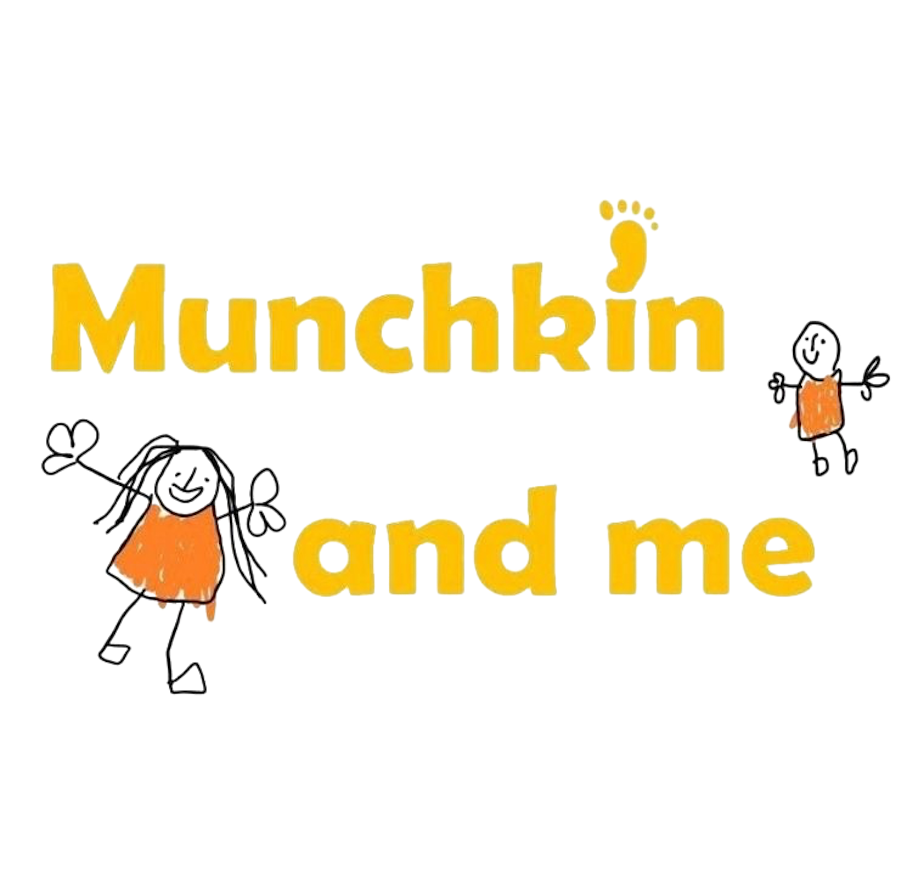Puppet Play
Puppets are magical for preschoolers and children of all ages! Through these larger-than-life characters, young audiences learn important lessons and form long-lasting bonds. But it’s not just watching puppets that can make a difference in young children’s lives; playing puppets can have a profound effect on childhood development, too.
Puppets stimulate Imagination and Creativity and can allow your child’s imagination to run free. They can use these puppets to play out any number of scenarios, whether they’re a complete fantasy or truer to real life. Not only will this be an enjoyable activity for your child, but it’s also an immensely advantageous one. They’ll learn to think creatively, which can help with problem solving in other areas. Plus, the creativity they discover here can translate easily to other areas of artistic expression such as visual art, music, dramatic play, dance, and so much more.
Motor Skills and Physical Movement: Puppet play can help with this too! Puppets help your child develop their fine motor skills and eye-hand coordination. And because it’s a non-competitive activity, it’s something every child can explore freely.
Self-expression and empathy are important concepts even for preschool children. But often, it’s through acting out scenarios and storytelling that young children are able to express their inner emotions and gain an understanding of others. Regardless of whether your child is outgoing or withdrawn, they’ll be able to express and understand what they’re feeling in a totally safe way. There’s a reason why even adults feel that puppets are sometimes able to express what we alone are not!
When children participate in an activity and build on their skill level, they’ll gain a lot of self-assurance and a sense of accomplishment. Playing and interacting with puppets allows your child to develop their language skills and feel more comfortable communicating with others, improving their social interaction.







